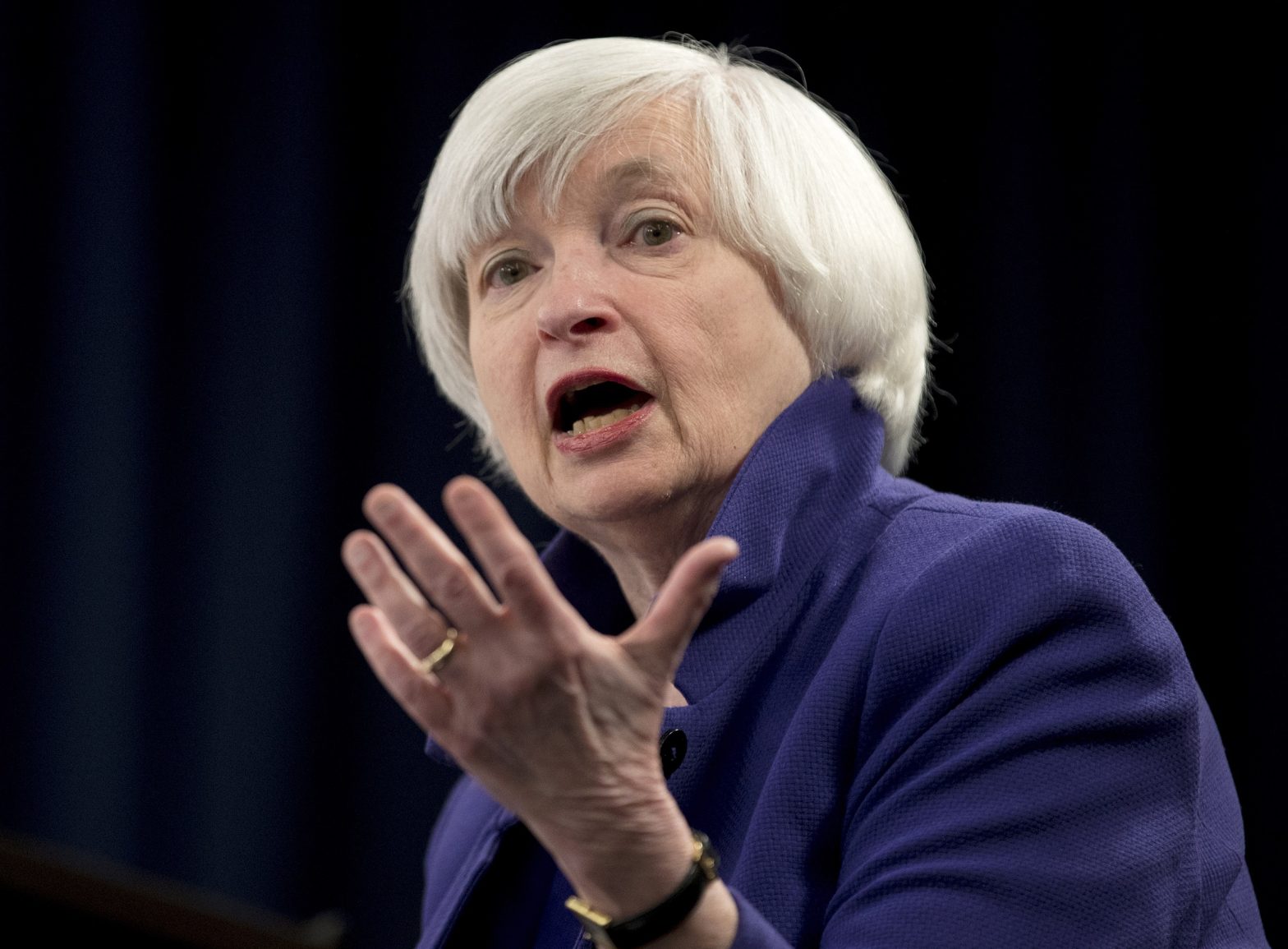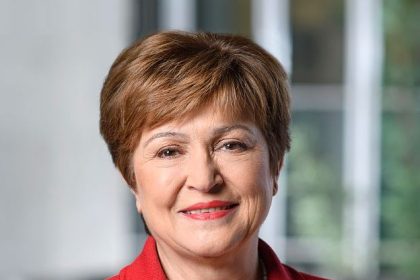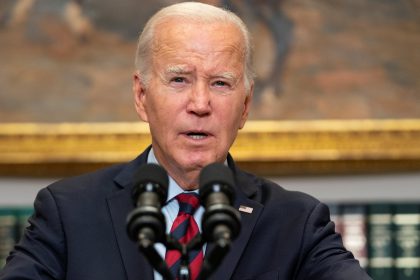Yellen Encourages ‘The Age of Womenomics’

WASHINGTON —Treasury Secretary Janet Yellen grew up surrounded by hardships endured during the Great Depression. Her father’s medical practice was located inside the family home, so she not only heard stories from the patients but also saw firsthand the result of multitudes falling on hard times.
“I saw the financial and psychological toll that unemployment took on people,” Yellen told International Monetary Fund Managing Director Kristalina Georgieva.
On International Women’s Day, the two female economists came together — virtually — for some girl talk. Literally — their discussion centered around gender inclusion, challenges and role models, and the specific impact of the coronavirus on women.
“Never in my life [have I] seen so many women in key positions where core economic and finance matters,” said Georgieva. “We have some way to go to reach parity, but parity we will reach!”
“There are still too few women around the tables that… I sit at,” agreed Yellen, worried about the pipeline of women in economics as the share of women earning PhDs in the field is stagnating. The secretary suggested that some of the reasons women haven’t chosen careers in economics could reflect on the way it is taught and the mindset around its benefits.
“When women are introduced to economics, the way it is taught can be a turn-off,” Yellen admitted. “Economics can be very mathematic. Sometimes in all the math… people lose sight of the fact that this is about human welfare.”
During her own education at Brown, she became enamored with the field because she “discovered economics had an explanation for what it was that could lead to periods of very high unemployment and what could be done about it.”
Through her mentor, Peter Tobin, and the study of Keynesian economics — which advocated for increased government expenditures and lower taxes to stimulate demand and pull the global economy out of depression — Yellen saw a solution to the kitchen table tales of her youth.
“Economics is not a dry science,” agreed Georgieva. “[It is] actually an empathetic science about the livelihoods of people and their ability to do better.”
But the women acknowledged that there is more work to be done to spark women’s interest in economic careers. Yellen suggested the pipeline issue really starts early on, including the writing of textbooks, but continues with the absence of mentors and role models.
“We need women in senior positions mentoring and creating confidence in other women to step up,” said Georgieva. “I always tell them, ‘Don’t be shy, please apply!’”
“My view of a good life, if I’m addressing young people…” said Yellen, “is to [tell them to] figure out what really excites [them]… and what problems [they] want to work on. I hope for many people it will be economics.”
The women pointed out the increased importance of economics and monetary theory as a result of the pandemic, especially with its disproportionate effect on those in the service sector and those with responsibilities to care for children and relatives, which often are women.
“It is absolutely tragic the impact this crisis has had on women,” said Yellen, discouraged that so many have had to drop out of the labor force. She said the nation’s K-shaped recovery is “an extremely unfair thing that’s happened” allowing those at the top to continue to do well while those closer to the bottom have been hardest hit.
She has set to work on Keynesian policies that will stimulate the economy and bolster the labor force, seeming to be most concerned about unemployment.
For some encouragement, Yellen offered her own career history as an example of turning setbacks into success. When she didn’t get tenure as an assistant professor at Harvard, she moved on to become a research economist at the Federal Reserve, which put her on her current career path, serving as the 15th Chair of the Fed, and now the nation’s first female Secretary of the Treasury.
“I think one’s identity is very much tied to one’s job,” Yellen admitted.
Her further advice to young professionals, and women in particular: “Be part of an organization you really identify with and feel the mission is something that makes the world a better place.”
“Yeah, who knows?” said Georgieva. “Maybe someday somebody would write a hip hop song for you as well.”
























